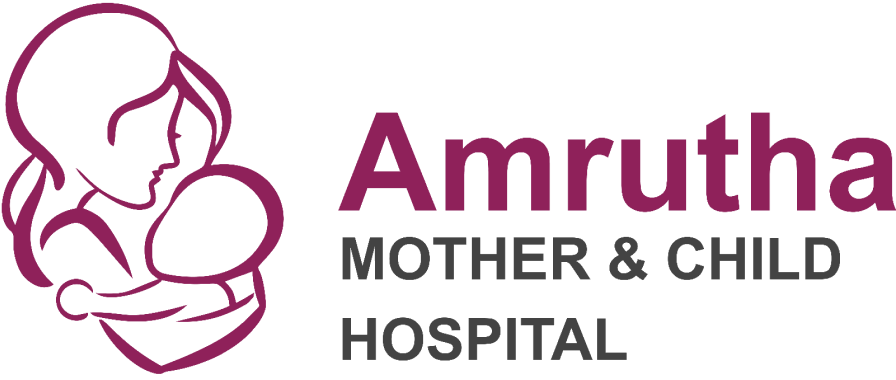Pregnancy is a transformative journey, but it can come with potential complications that affect both mother and baby. Understanding these risks, recognizing early warning signs, and adopting preventive measures are key to ensuring a healthy pregnancy. This guide covers common pregnancy complications and practical strategies to reduce their occurrence.
1. Gestational Diabetes
- What It Is: High blood sugar levels that develop during pregnancy.
- Risks: Can lead to excessive birth weight, preterm birth, or complications during delivery.
- Prevention & Management:
- Maintain a balanced diet with controlled carbohydrate intake.
- Engage in regular, doctor-approved physical activity.
- Regular blood sugar monitoring and follow-ups with your healthcare provider.
2. Preeclampsia
- What It Is: A condition marked by high blood pressure and signs of organ damage, usually after 20 weeks of pregnancy.
- Risks: Can lead to preterm delivery, low birth weight, or organ complications.
- Prevention & Management:
- Attend all prenatal visits for blood pressure monitoring.
- Maintain a healthy diet low in salt and rich in nutrients.
- Be aware of symptoms such as swelling, severe headaches, or vision changes.
3. Preterm Labor
- What It Is: Labor that occurs before 37 weeks of pregnancy.
- Risks: Premature babies may face respiratory, developmental, and immune challenges.
- Prevention & Management:
- Avoid smoking, alcohol, and illicit drugs.
- Maintain proper prenatal care and follow your doctor’s advice.
- Watch for signs such as regular contractions, lower back pain, or unusual discharge.
4. Miscarriage and Threatened Miscarriage
- What It Is: Loss of pregnancy before 20 weeks, often caused by chromosomal abnormalities or maternal health issues.
- Prevention & Management:
- Maintain a healthy lifestyle with proper nutrition.
- Manage chronic conditions like diabetes or thyroid disorders.
- Limit exposure to harmful substances and stress.
5. Anemia in Pregnancy
- What It Is: Low levels of hemoglobin or red blood cells, reducing oxygen supply to mother and baby.
- Risks: Fatigue, weakness, increased risk of complications during delivery.
- Prevention & Management:
- Include iron-rich foods and supplements as recommended by your doctor.
- Regular prenatal blood tests to monitor hemoglobin levels.
- Treat deficiencies promptly under medical guidance.
6. Placental Issues
- What It Is: Problems with the placenta, such as placenta previa or placental abruption.
- Risks: Can cause bleeding, preterm birth, or oxygen restriction to the baby.
- Prevention & Management:
- Regular ultrasound scans to monitor placental position.
- Avoid activities or medications that may increase risk.
- Seek immediate medical attention if vaginal bleeding occurs.
General Tips for Preventing Pregnancy Complications
- Attend all prenatal checkups and follow medical advice.
- Maintain a healthy diet with adequate hydration and nutrients.
- Exercise safely with doctor-approved routines.
- Avoid smoking, alcohol, and unnecessary medications.
- Manage stress through relaxation techniques, support groups, or counseling.
- Stay informed about warning signs and seek medical care promptly.
Conclusion
While pregnancy complications can be concerning, awareness, preventive care, and timely medical intervention can significantly reduce risks for both mother and baby. Regular prenatal visits, a healthy lifestyle, and staying alert to warning signs are essential steps toward a safe and smooth pregnancy journey. Contact Us


